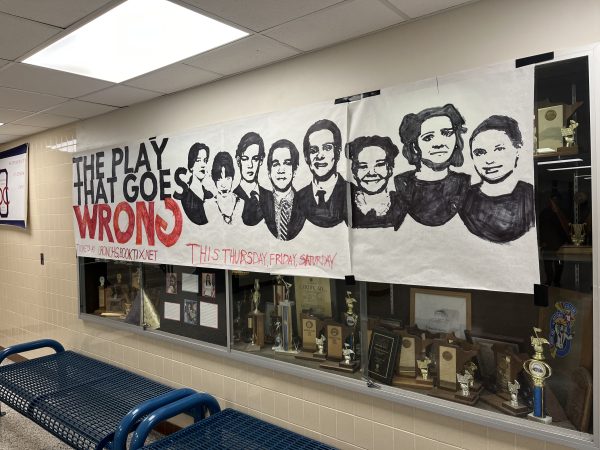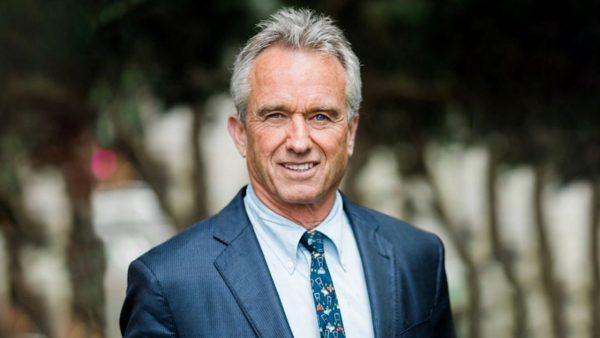Students hit the hay to better their health
According to the Mayo Clinic more than 90 percent of teens are obtaining less than the advised nine hours of sleep a night.
Teens who sleep less than the nine hours recommended can experience negative consequences.
“When I don’t get enough sleep it is hard for me to focus in class and I don’t feel very energetic throughout my day,” sophomore Ben Phelps said.
According to the Mayo Clinic, consequences can range anywhere from mild to dangerous depending on the person and amount of sleep obtained. Most teens will have difficulty concentrating, learning, or staying awake in class. More severe consequences could include mood swings and behavioral issues.
There are over-the-counter options that can help with getting to bed, but they too have their consequences.
Doctors at the Mayo Clinic stress that sleep aids are only for the occasional sleepless night. A person’s body can build up a tolerance to the sleep aid, reducing its impact. Sleep aids can also make a person feel dazed and sick the following day.
The Mayo Clinic advises anyone who is thinking about taking a sleep aid to first check with their doctor. A patient’s doctor will make sure that it is compatible with his or her body as well as any other medication that he or she may be taking.
A sleep aid is not the only way to ensure one gets a good night’s sleep. Adjusting the lighting around bedtime can trigger a person’s brain to begin the sleep cycle. Sticking to a sleep schedule will help keep a person’s brain in a pattern.
“I take Melatonin. Personally, it helps me to relax and fall asleep at night,” senior Quinn Leslie said.
According to the Mayo Clinic, taking naps after school can cause sleeplessness at night. A short nap, (30 minutes at most) is okay, but any longer will affect a person’s ability to fall asleep later that night.
High caffeine intake can prevent sleep. A person should limit his or her caffeine intake to prevent trouble sleeping.
“I try my best to be asleep around 10:30 every night. By keeping my sleep schedule, it helps to keep my body on track,” senior Mary Fischer said.
The Mayo Clinic suggests trying to keep a bedtime ritual that is filled with more relaxing activities such as taking a warm shower, reading, or listening to relaxing music. This will help a person’s body to recognize bedtime. Working out, listening to loud music, or using electronics close to bedtime is not recommended.
It is very important to refrain from using technology close to bedtime. The brightness and stimulation needed for most technology keeps a person’s brain from relaxing.
“Homework, sports, clubs, social life, everything plays a factor in my sleep schedule. My mom always says that I want to do everything and sometimes that’s just not possible,” junior Zach Wagner-Lund said.
Prioritizing activities is a good way to make sure that a person still has adequate time to get the encouraged nine hours of sleep a night.
Do not get discouraged if these tips do not work at first; give them some time. If lifestyle changes are not helping, contact a doctor about using a sleep aid.

A few days prior to publishing day, senior Miranda Mosher is found putting the final touches on the layout of the paper. With two years of journalism class...










